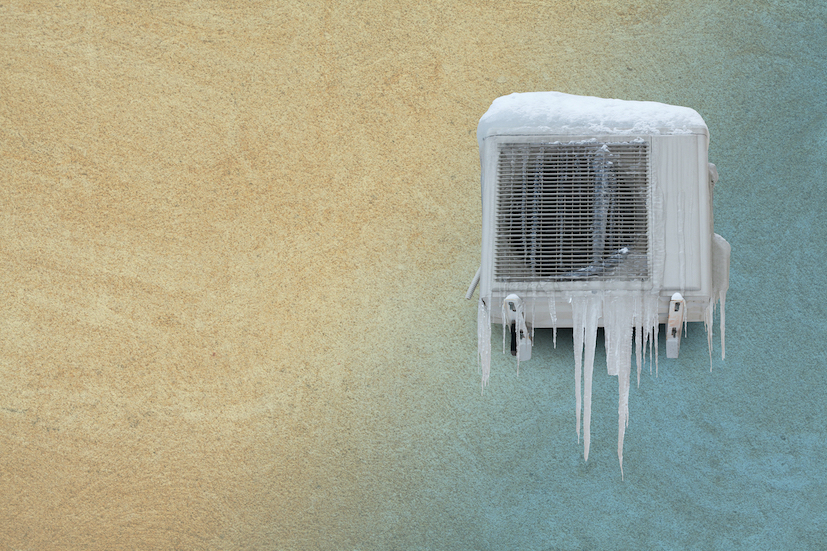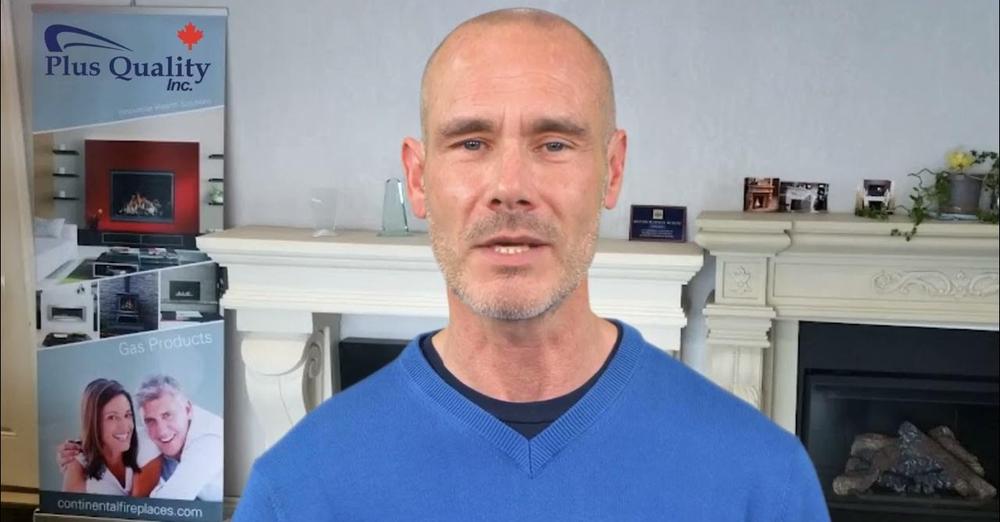One of the most common problems that people have with their central air conditioners is that they freeze up. This problem can be avoided, and should not happen to any household provided if you follow a few simple steps.
First, make sure your thermostat is set correctly on your unit. You want it to be in the "cool" position, but not too low or too high for your specific needs. The ideal temperature range is between 20-24 degrees Celsius.
Secondly, make sure there are no leaks or gaps around the outdoor unit - these can cause water to get inside and freeze up the system. Finally, as a general rule of thumb, keep your home at least a few degrees cooler than your thermostat setting. This will help prevent the system from working too hard and potentially freezing up sooner.
Third, if you live in a colder climate or have an older air conditioner that is less efficient, it may be best to turn off the unit during extreme cold spells. You should wait until the weather begins to heat back up.
Last but not least, get regular maintenance on your unit by a professional technician from A-Plus Quality, HVAC services in the Greater Toronto Area, who can check for leaks and make sure all other components are running smoothly. If everything checks out and there's still some concern about why your central AC keeps freezing over, consider upgrading to a more up-to-date air conditioner. You should be on the search for equipment with high-efficiency ratings. Contact our team at A-Plus Quality to discuss installing a new air conditioner in the Greater Toronto Area, or surrounding cities!
By following these few tips, you can keep your central air conditioner from freezing up and save time and money on potentially costly repairs.
Are you having trouble or would still like more assistance on this subject? Give us a call and one of our team members at A-Plus Quality, HVAC services in the Greater Toronto Area, would be glad to provide further guidance. Contact us today!



